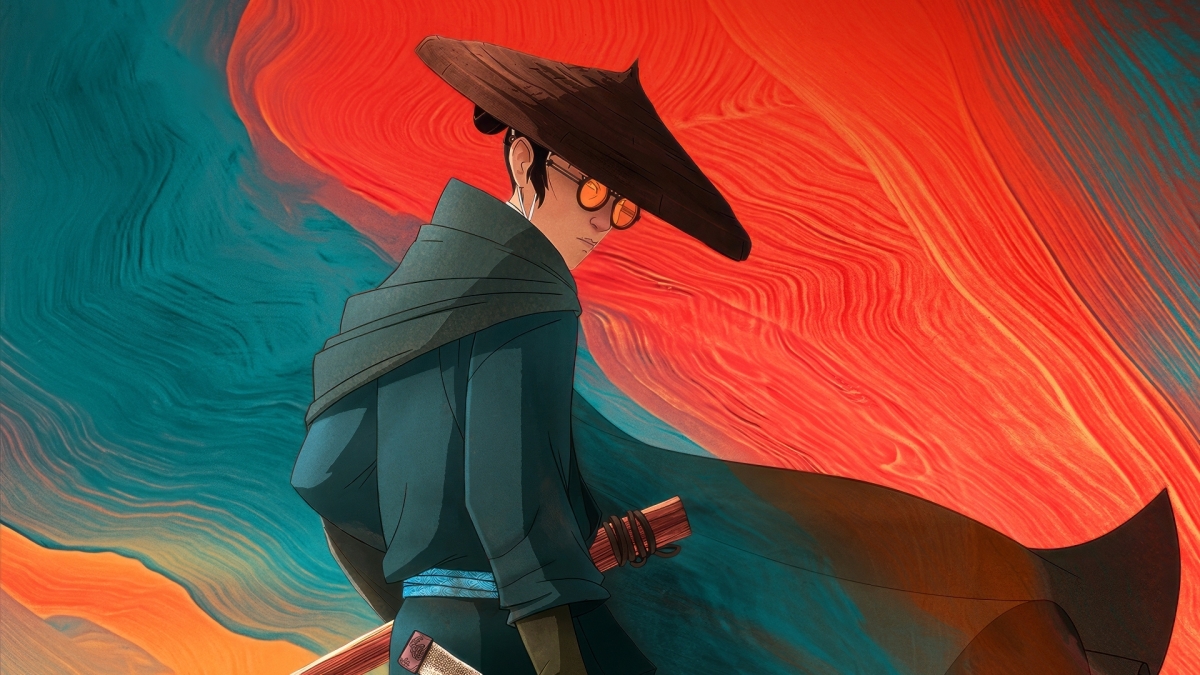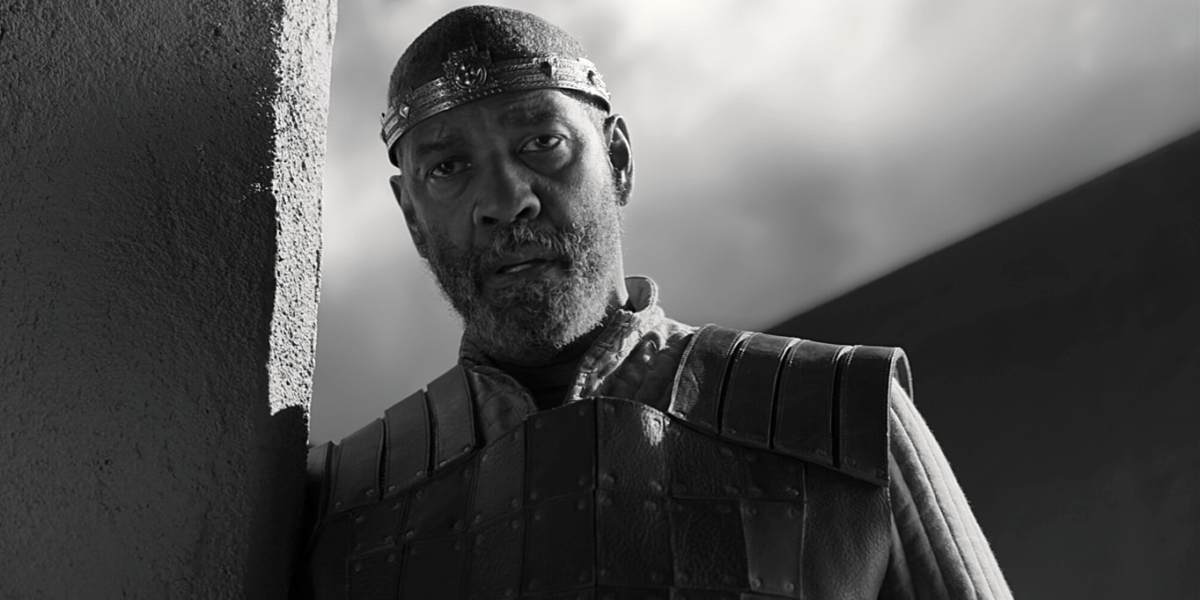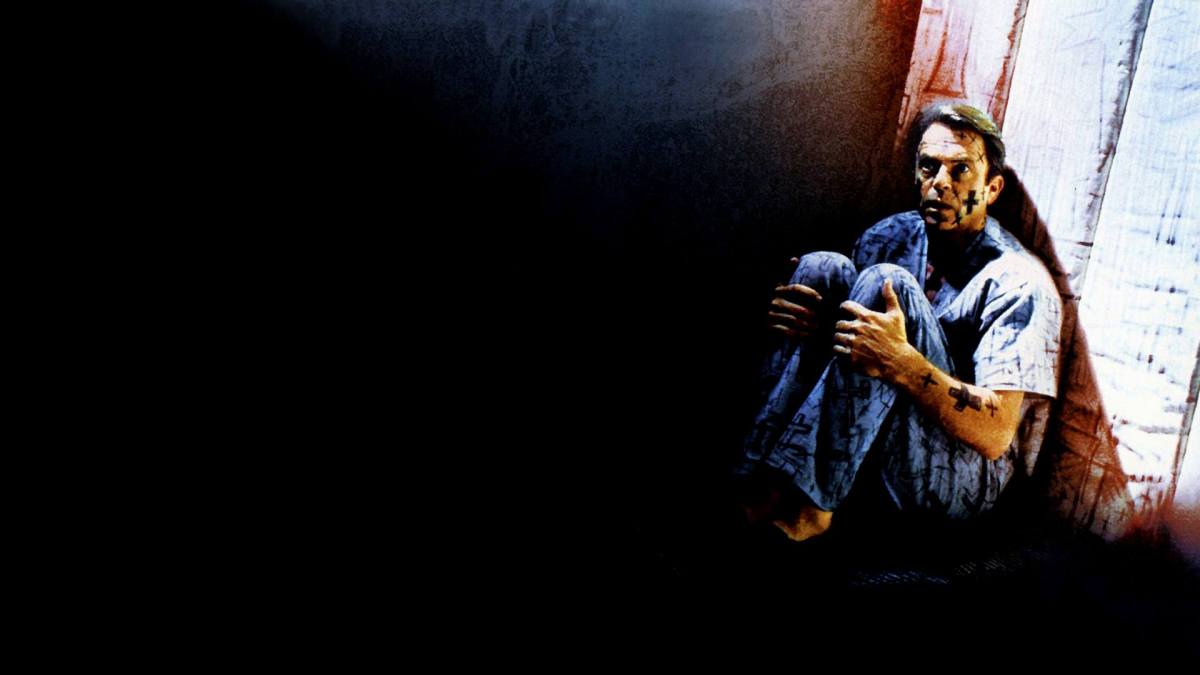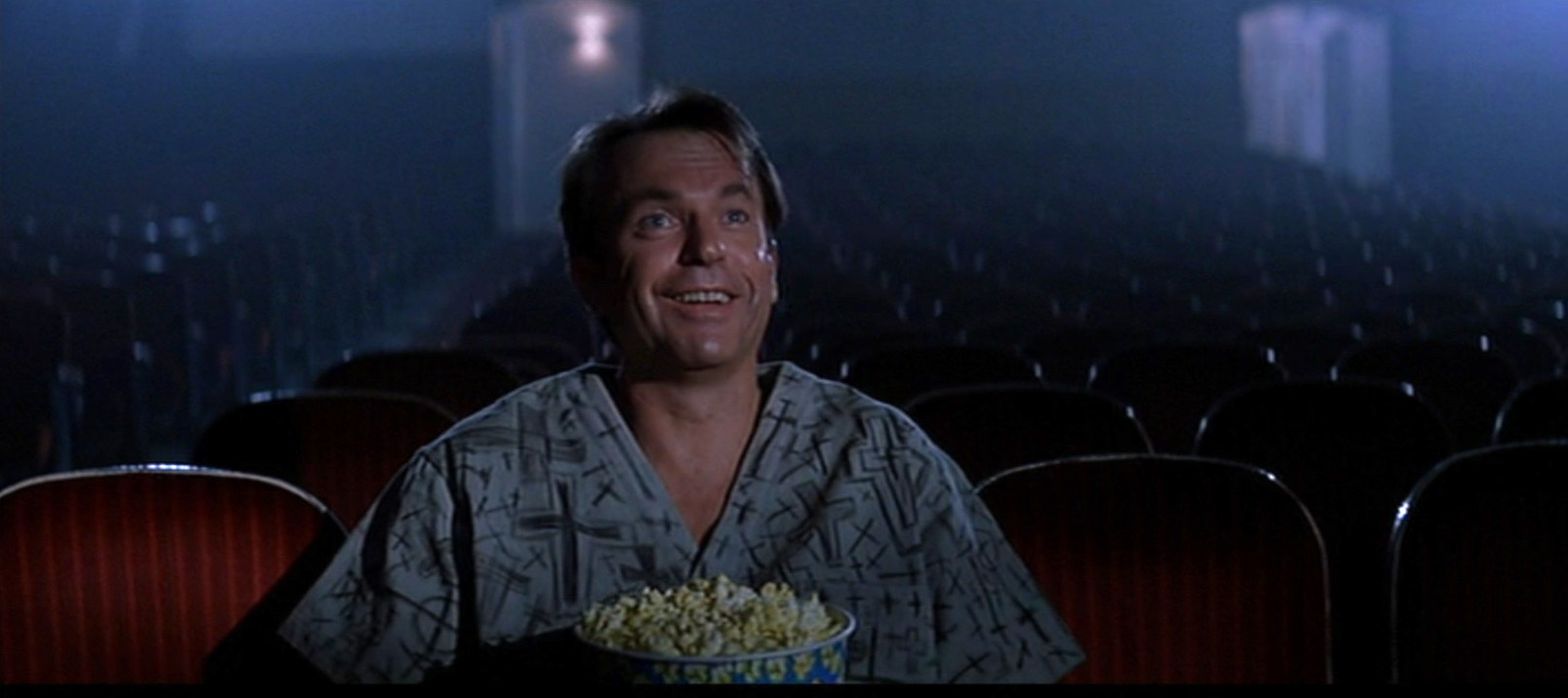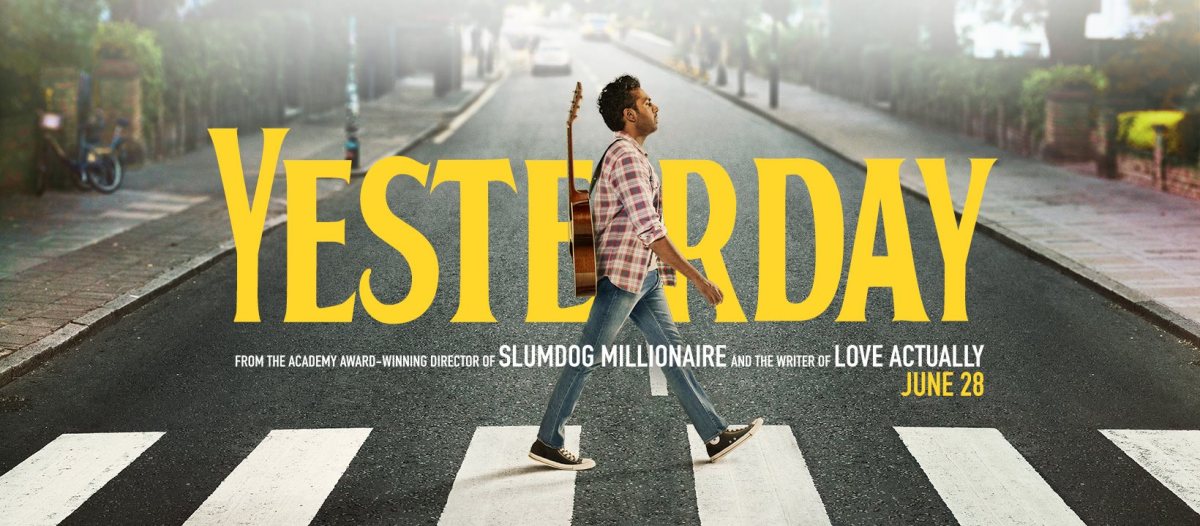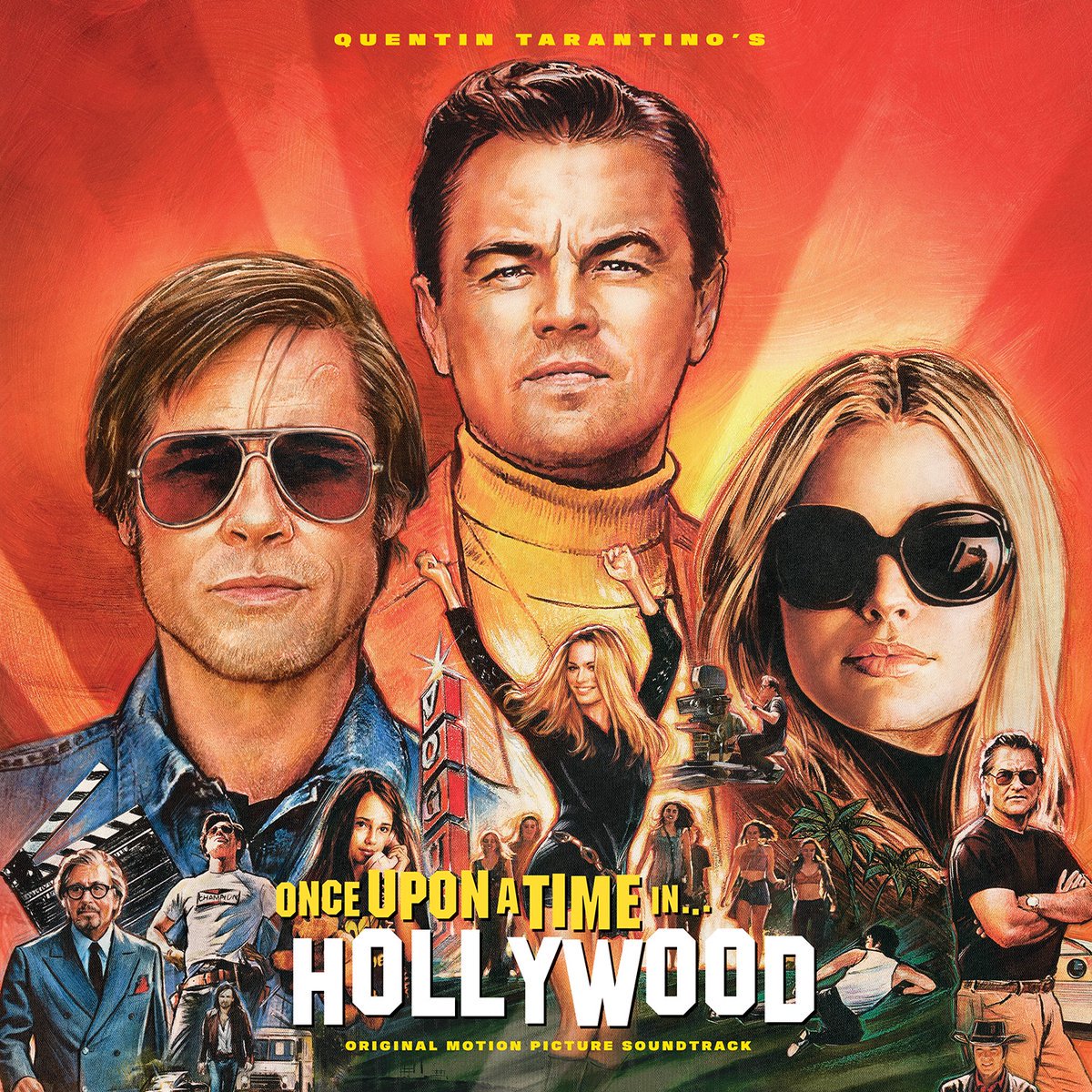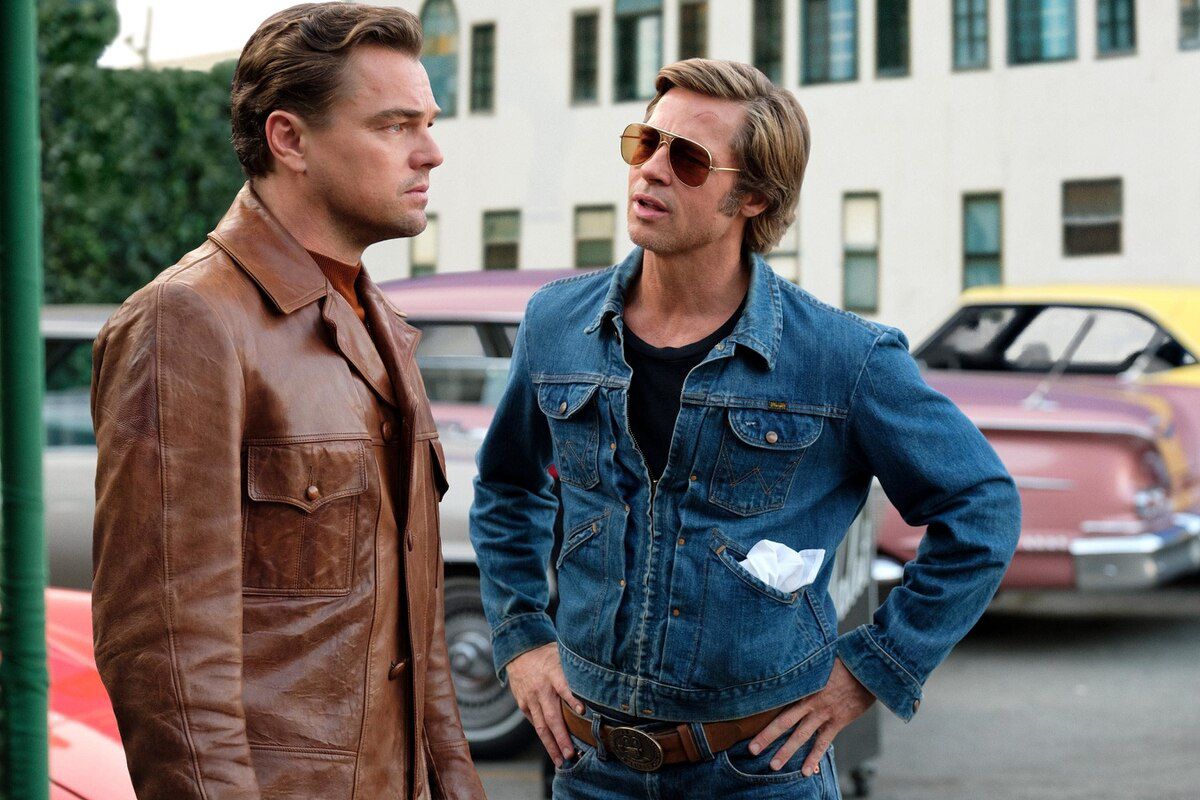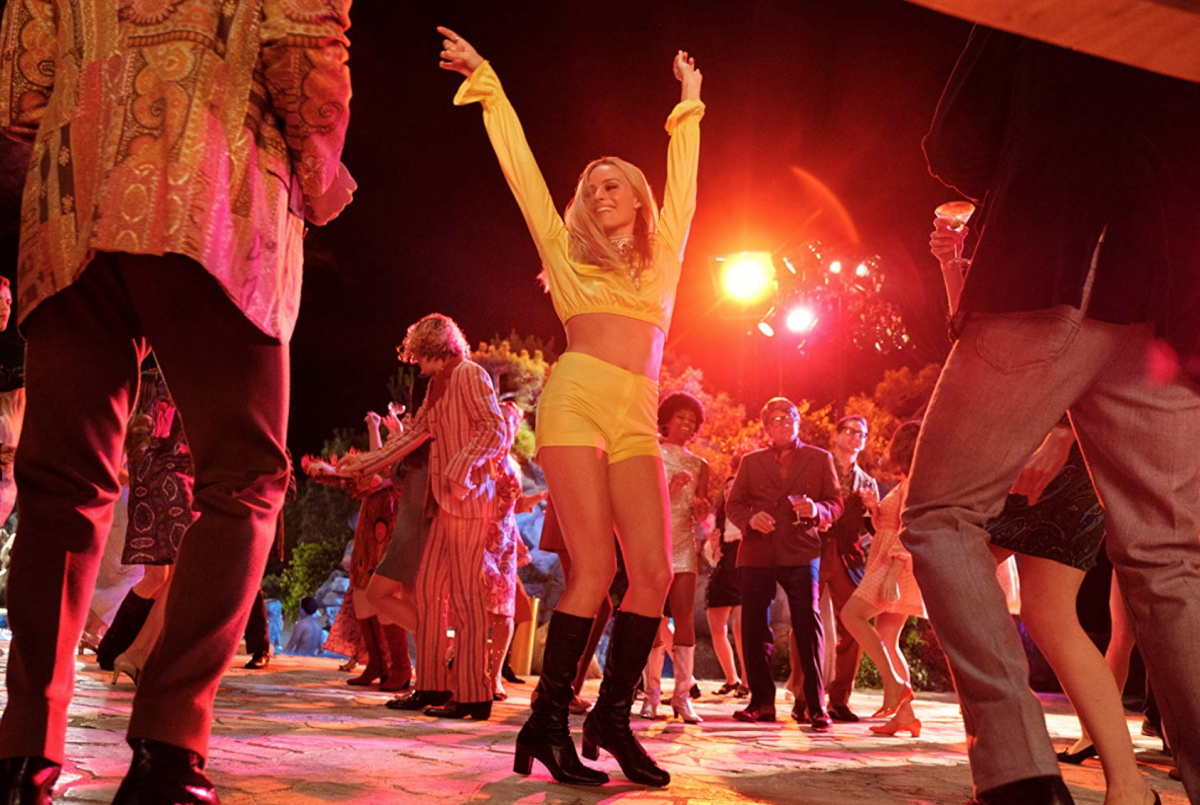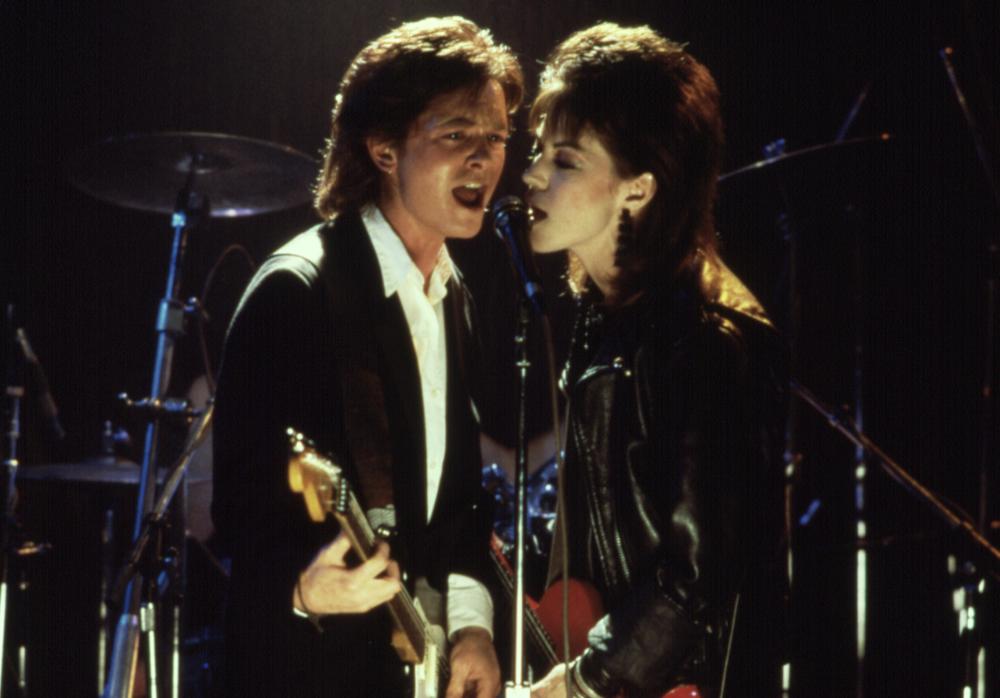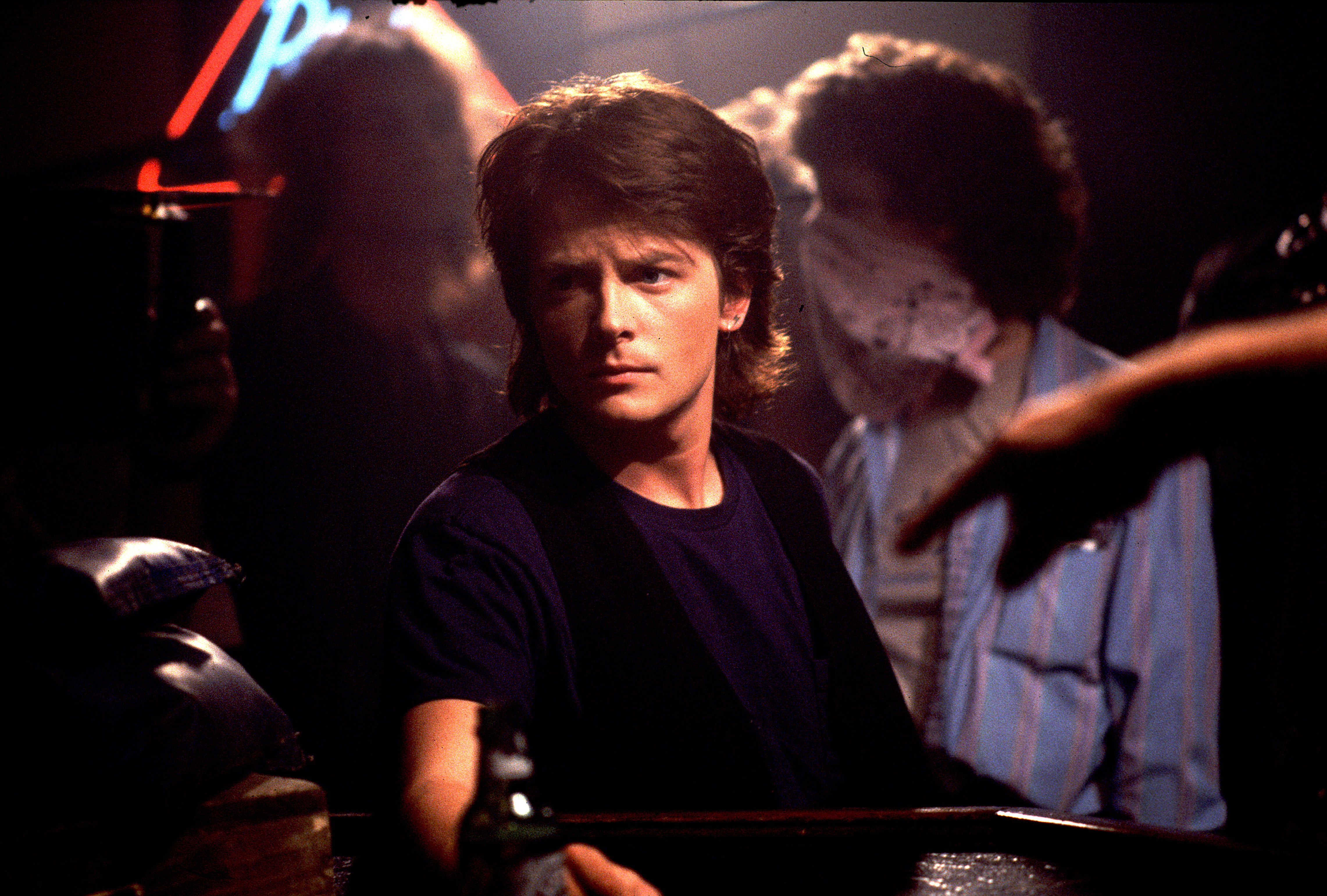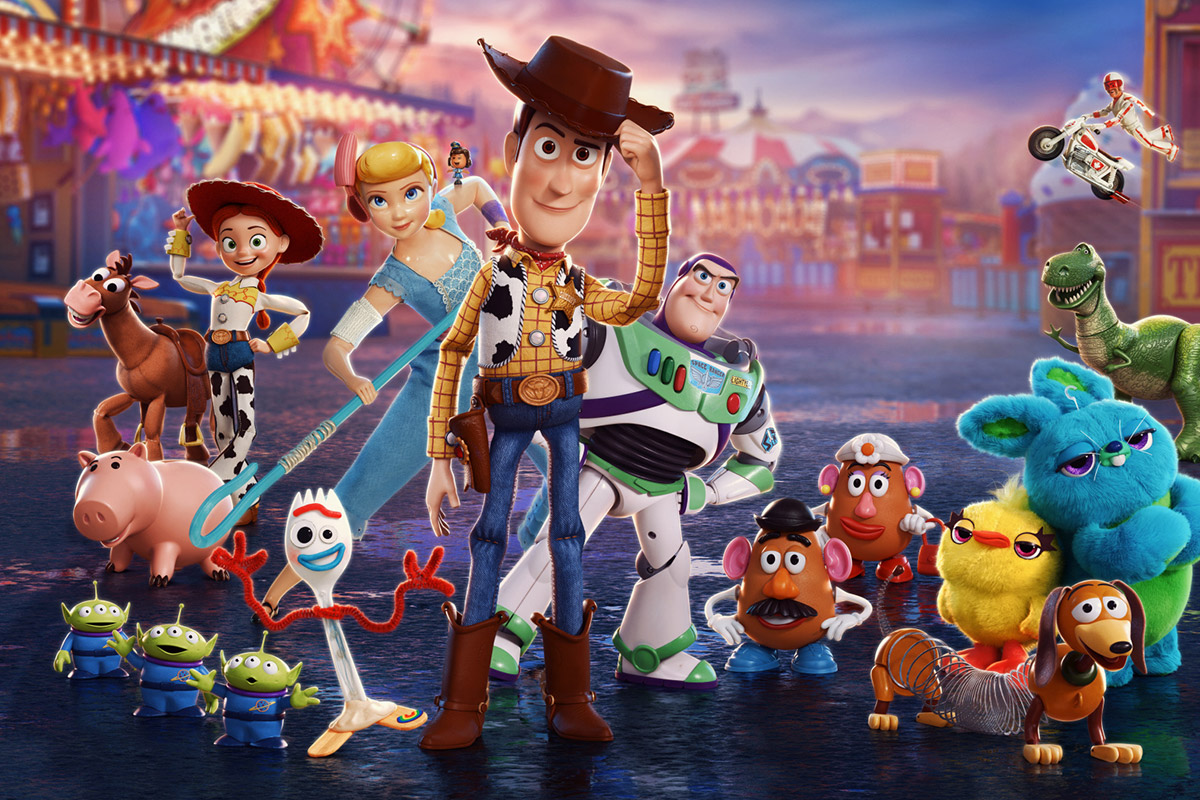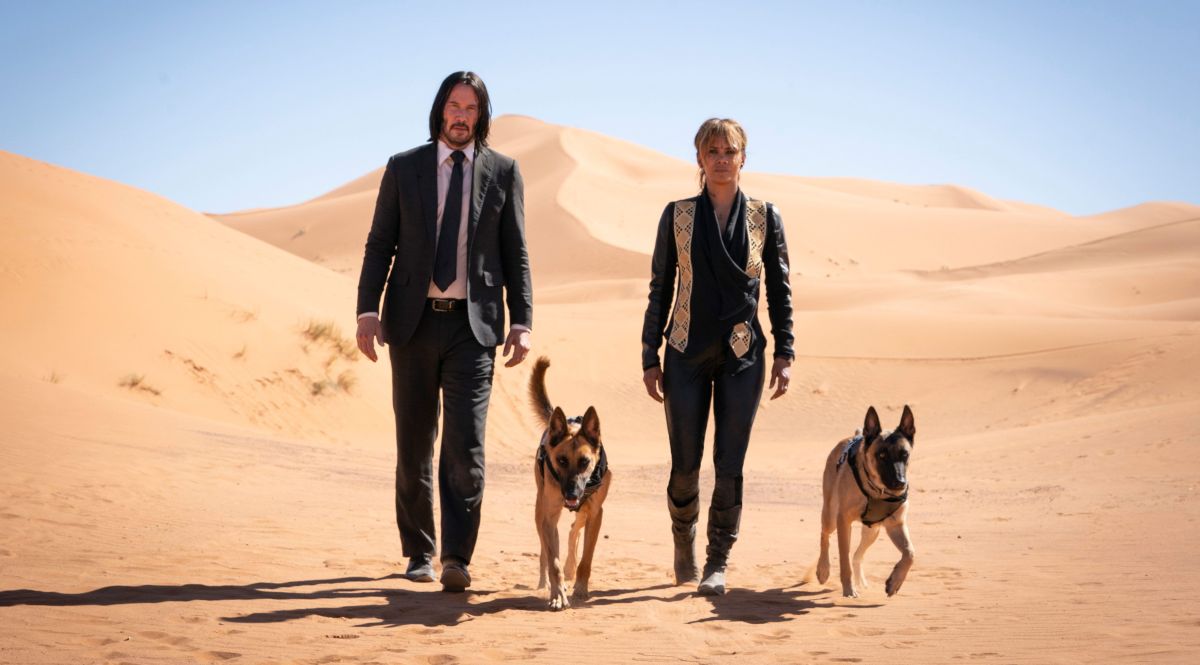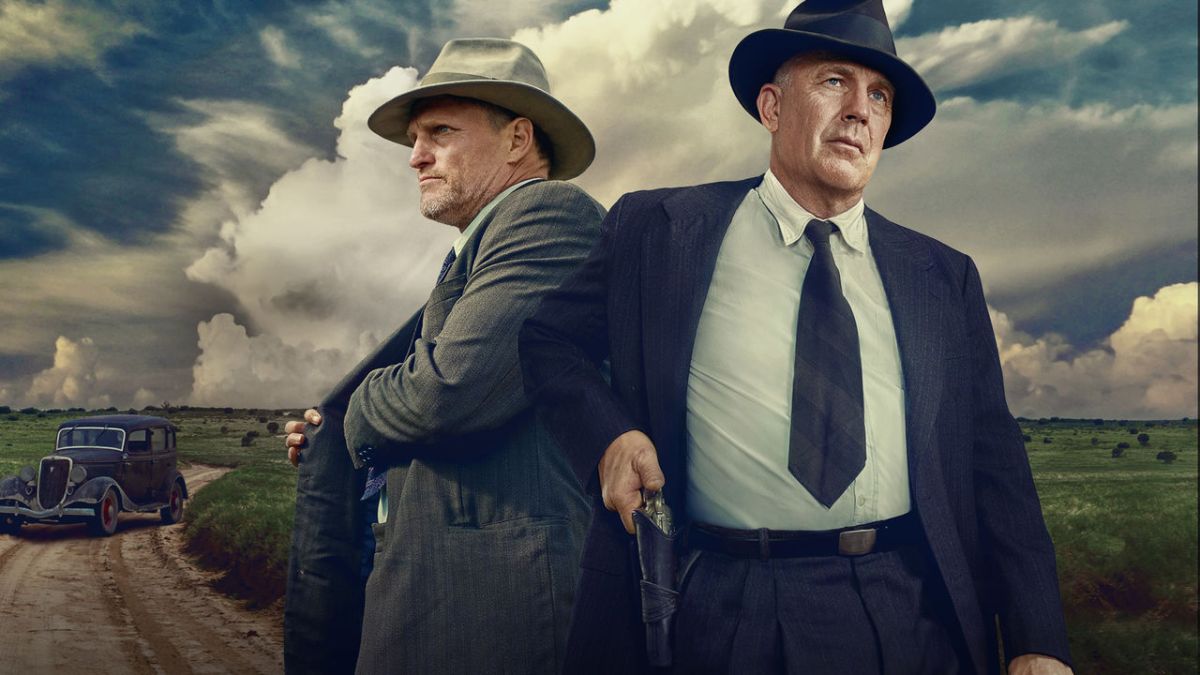Why is revenge universally compelling? From time immemorial, whether in our entertainment spaces or real life, revenge holds fast in the deepest recesses of our fantasies. But what primordial desire can revenge possibly fulfill in us ‘civilised’ folk? Is it following the sordid action-heavy sprees fuelling a bloodlust for justice? What makes us entangle ourselves with another’s undying will to right a wrong?
All those ingredients do conjure up a good revenge tale, but there’s one vital part missing in that concoction which Netflix’s Blue Eye Samurai brings to light, and it is this: good.
Hatred alone does not drive revenge, but love poisoned by betrayal, trust poisoned by manipulation. Revenge is not innate; it is evil bred from good.
A cosmic rage unsheathed by the grander machinations of her harsh reality, Mizu’s path of revenge is a visually-striking tapestry of vendetta.
Blue Eye Samurai’s protagonist, Mizu, suffered tribulations being born as a half-white child (marked by her distinguishable blue eyes) in Japan’s 17th-century Edo period, which saw Japan shutter its borders from outsiders to remain pure. This decree cursed mixed-race Mizu to a life of abuse, so much so that she single-handedly honed swordmanship so that she could avenge the remaining loved ones that showed her love.
But in an unrelentingly cruel world, true love and goodness can never truly take root, and the remaining fragments of Mizu’s innocence were crushed by the heartless betrayal of those same remaining loved ones whom she sought to stand by. At this juncture, Mizu’s blue eyes have finally and fully condemned her soul into a purgatory of retaliation towards the world that created her.
This betrayal and condemnation reawakened Mizu’s vengeful spirit. Her retribution now is not about avenging anyone else but herself, as she becomes hellbent on wiping out the very heritage that birthed her with blue eyes.
A cosmic rage unsheathed by the grander machinations of her harsh reality, Mizu’s path of revenge is a visually-striking tapestry of vendetta. More notably, it’s a gritty reflection of the truth and appeal of revenge within us all.
Revenge is a poisoned chalice of good, and once drunk from that chalice, only evil is left foaming at the mouth of the drinker who has forsaken their once-decent soul into extinction.


